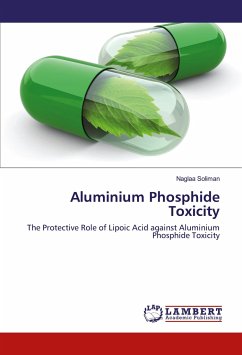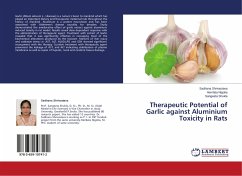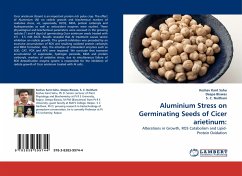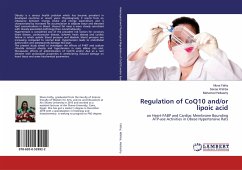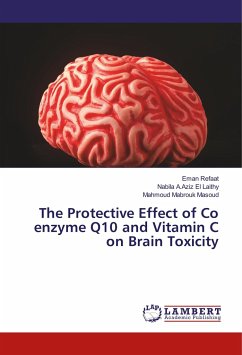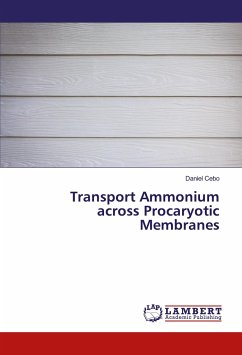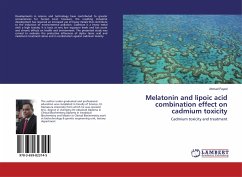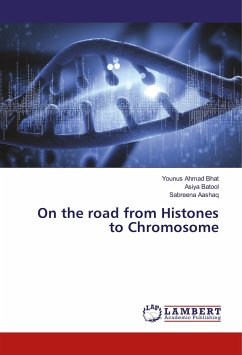Aluminium phosphide is emerging as a poison of suicidal deaths as this pesticide with no effective antidote. Its toxicity is usually attributed to phosphine gas, which is liberated when aluminium phosphide tablets come in contact with water, moisture or gastric acid. It is capable of interacting with and inhibiting critical cellular enzymes involved in metabolic processes. Animal studies have shown xanthinol nicotinate to reduce mortality secondary to aluminium phosphide poisoning. On the other hand, glutathione, melatonin, vitamin C, betacarotene and possibly other antioxidants may play an important role in reducing the effects of reactive oxidant species caused by phosphine.
Bitte wählen Sie Ihr Anliegen aus.
Rechnungen
Retourenschein anfordern
Bestellstatus
Storno

